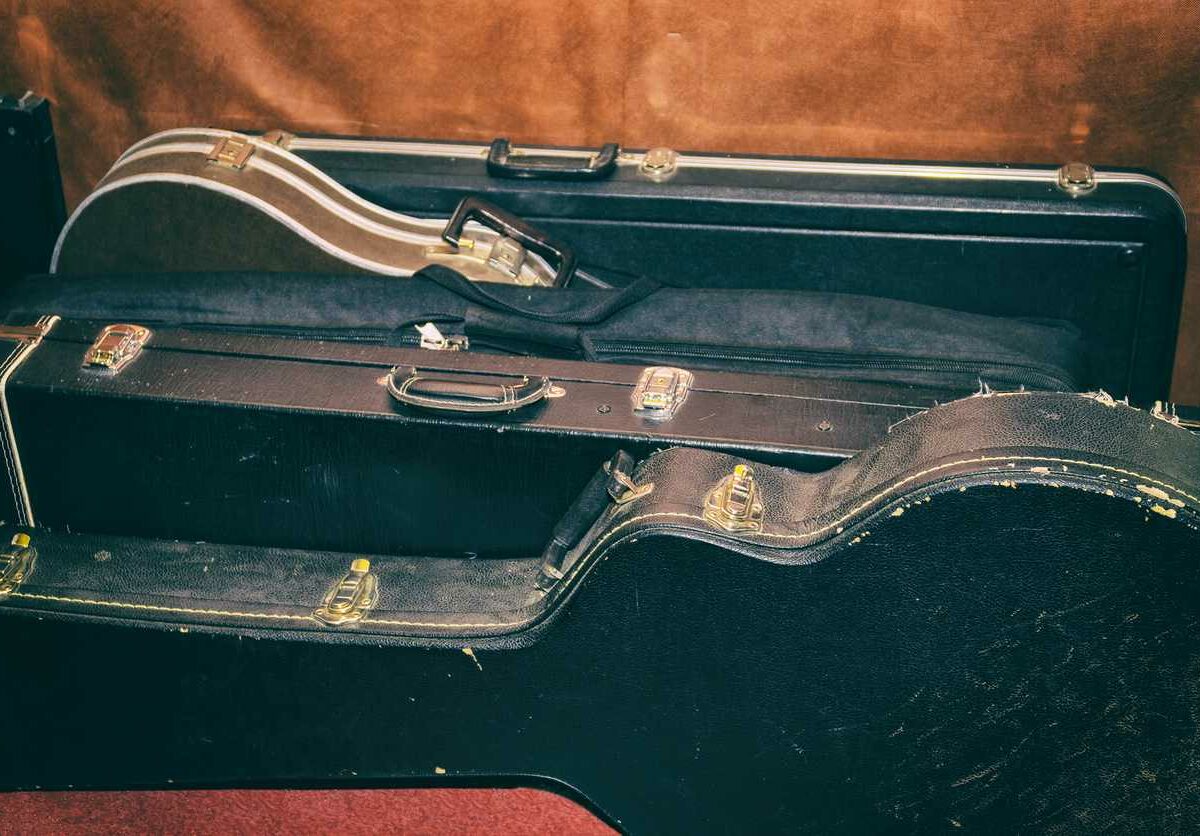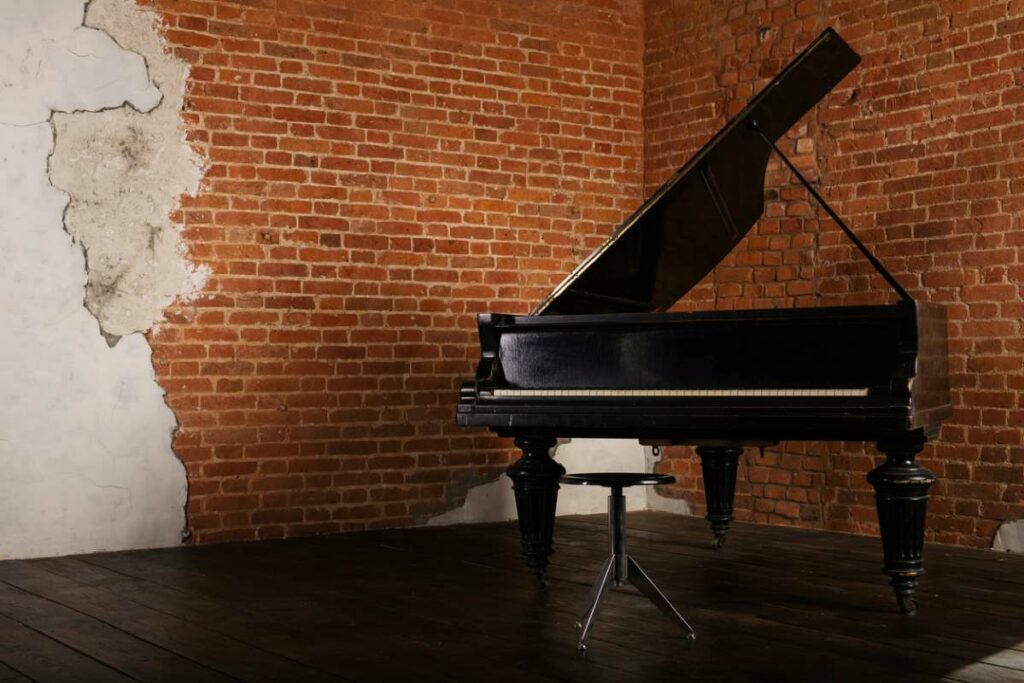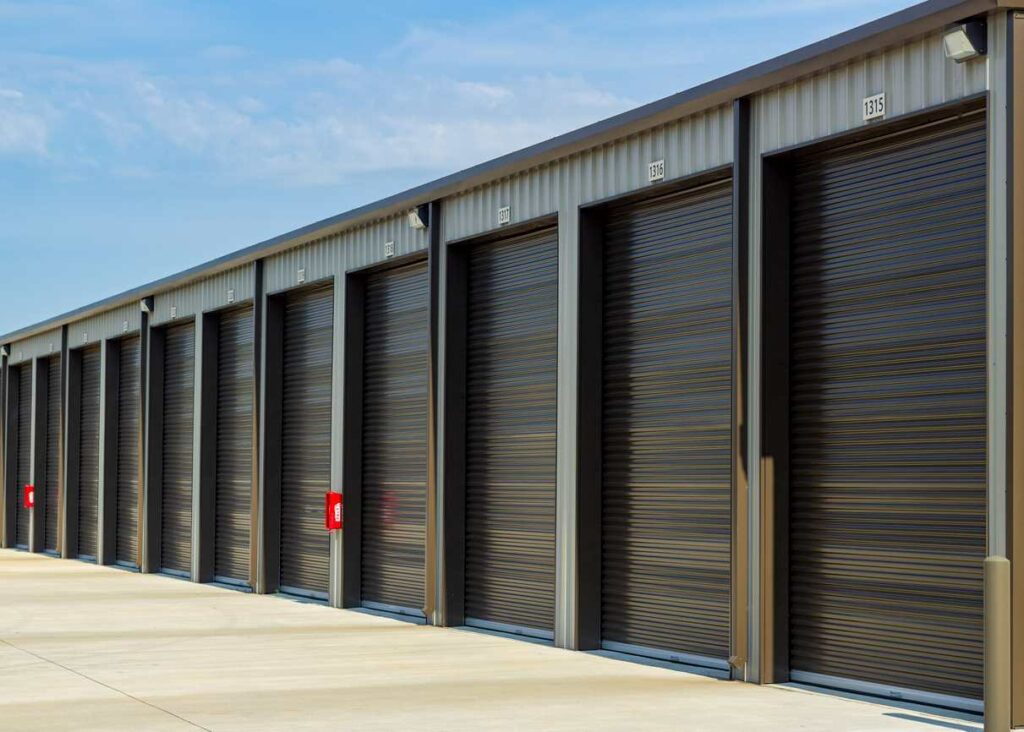How To Store Your Instruments

Every good musician knows you are only as good as your instrument. Offering your flutes, tubas, pianos, guitars, and other instruments an optimal storage environment is key to ensuring their longevity. However, protecting the integrity of your most prized possessions can sometimes be a difficult task, particularly when you are trying to find the best place to store an item that may be prone to weather-related damage.
Thankfully, we can offer you a few tips and tricks for storing all your musical instruments. Whether you are in search of a large space for your grand piano or somewhere to keep your violin until your next class, we are here to help you plan accordingly. Learn how to store your instruments with advice from top experts below.
Tips for Instrument Storage
While there are some general rules of thumb that are consistent across all different kinds of instrument storage, it is best to follow specific storage tips for each type of instrument. In this guide, we will help you learn how to properly store guitars, pianos, violins, and flutes.
Guitar Storage
Guitars can be especially tricky when it comes to proper storage. Given how many parts there are to a guitar, it’s important to follow the necessary steps to protect it all year long. For starters, it’s important to invest in a good guitar case that has proper padding and won’t allow your guitar to slide around when it’s being transported.
If you are storing your guitar for a long period of time, make sure to loosen the strings prior to putting it in the case in order to avoid breakage. You also want to store your guitar standing up rather than laying it down on the ground. It’s also important to keep your guitar in a temperature-controlled environment to protect its integrity for the long run.
Piano Storage

The first and most crucial step to properly store your piano is cleaning it. Start by dusting the piano with a dry microfiber cloth or a duster. Then wipe down the keys with a wet cloth followed by a dry cloth to remove moisture and prevent molding. Finally, you will wipe down the other surfaces on the piano with a wet cloth, drying it once you are done.
Once you’ve cleaned it, you can begin the process of transporting your piano. Make sure you place cloths on the keys before closing the lid and placing blankets and sheets over your piano to prevent scuffing. After placing your piano in storage, wrap it in plastic wrap, keeping the blankets on it to prevent damage caused by the plastic wrap. We also recommend checking on your piano frequently and storing it off the ground.
Violin Storage
When it comes to storing a violin, it is important to keep the following tips in mind to keep your instrument in optimal condition:
- Cover your violin with the blanket that came with it prior to storing it in the case.
- Close the violin case without forcing it in order to keep the bow intact.
- Store your violin in a climate-controlled area.
- Keep your violin away from anything that may affect its temperature.
- Store it upright at all times.
Flute Storage
A flute is one of the easiest instruments to store, given how small it is and how easily it can be disassembled. However, make sure to swab out the inside to remove any moisture after playing it, and keep your flute stored in its case at all times. We also recommend a climate-controlled environment to prevent rusting.
Benefits of Self Storage for Instruments
While storing your instruments in your garage, attic, or basement may seem like the most convenient and cost-effective solution, we recommend renting a self storage unit for all your instruments. Storage units provide several benefits that are key to protecting your belongings. These benefits include:
Cost Effective
Renting self storage can actually end up saving you a ton of money in the long run. By storing your instruments in one central location away from potential damage caused by major temperature fluctuations and pests, you could be avoiding a major expense to replace your instrument.
Climate-Controlled Storage
Many instruments are incredibly susceptible to temperature-related damage, such as warping or rusting. With a climate-controlled storage unit, you can provide your instruments with the environment they deserve. These units are kept within a consistent temperature range all year to help your belongings avoid damage caused by temperature fluctuation and unpredictable weather.
Drive-Up Storage

Given how heavy certain musical instruments can be, having a more convenient storage option is always ideal. Rather than lugging heavy instruments up and down the stairs, simply drive straight up to your storage unit for an easy and convenient loading and unloading experience. Drive-up storage units allow for easy accessibility and are incredibly timesaving.
Frequently Asked Questions About Instrument Storage:
Store instruments in hard cases designed specifically for each instrument to protect against physical damage. Additionally, keep them in a climate-controlled environment to avoid exposure to extreme temperatures and humidity.
It’s not recommended. These areas often have fluctuating temperatures and humidity levels, which can cause warping, cracking, or corrosion in instruments. A climate-controlled storage space is ideal for long-term storage.
Clean the instrument thoroughly, remove any moisture, and loosen the strings or drum heads slightly to relieve tension. For woodwind and brass instruments, disassemble them and remove reeds or mouthpieces.
Yes, climate-controlled storage is highly recommended. Temperature and humidity fluctuations can cause wooden instruments to warp or crack, and metal parts can corrode. Maintaining a stable environment preserves your instrument’s condition.
For large instruments like pianos, it’s best to disassemble them (if possible) and cover them with padded, breathable cloths to protect from dust and scratches. Drums should be slightly loosened and stored in padded cases to avoid damage.
Yes, but make sure each accessory is stored properly. For example, bows should be loosened and stored in their own compartments, and mouthpieces should be cleaned and stored separately from the instrument.
If your instrument is valuable, it’s wise to have it insured, even while in storage. Check with your insurance provider to ensure it’s covered for damage, theft, or loss.
Avoid storing instruments in areas with high or fluctuating humidity, using improper cases, or leaving them exposed to direct sunlight. Additionally, don’t store instruments without cleaning them first, as dirt and oils can cause long-term damage.
Take Better Care of Your Instruments With Self Storage From KO Storage Today!
When it comes to storing musical instruments, you should never take any chances. At KO Storage, we are here to help you store all your instruments, from pianos and keyboards to guitars and cellos. Check out our list of available locations to find the one closest to you and rent instrument storage from your nearest KO Storage facility today.